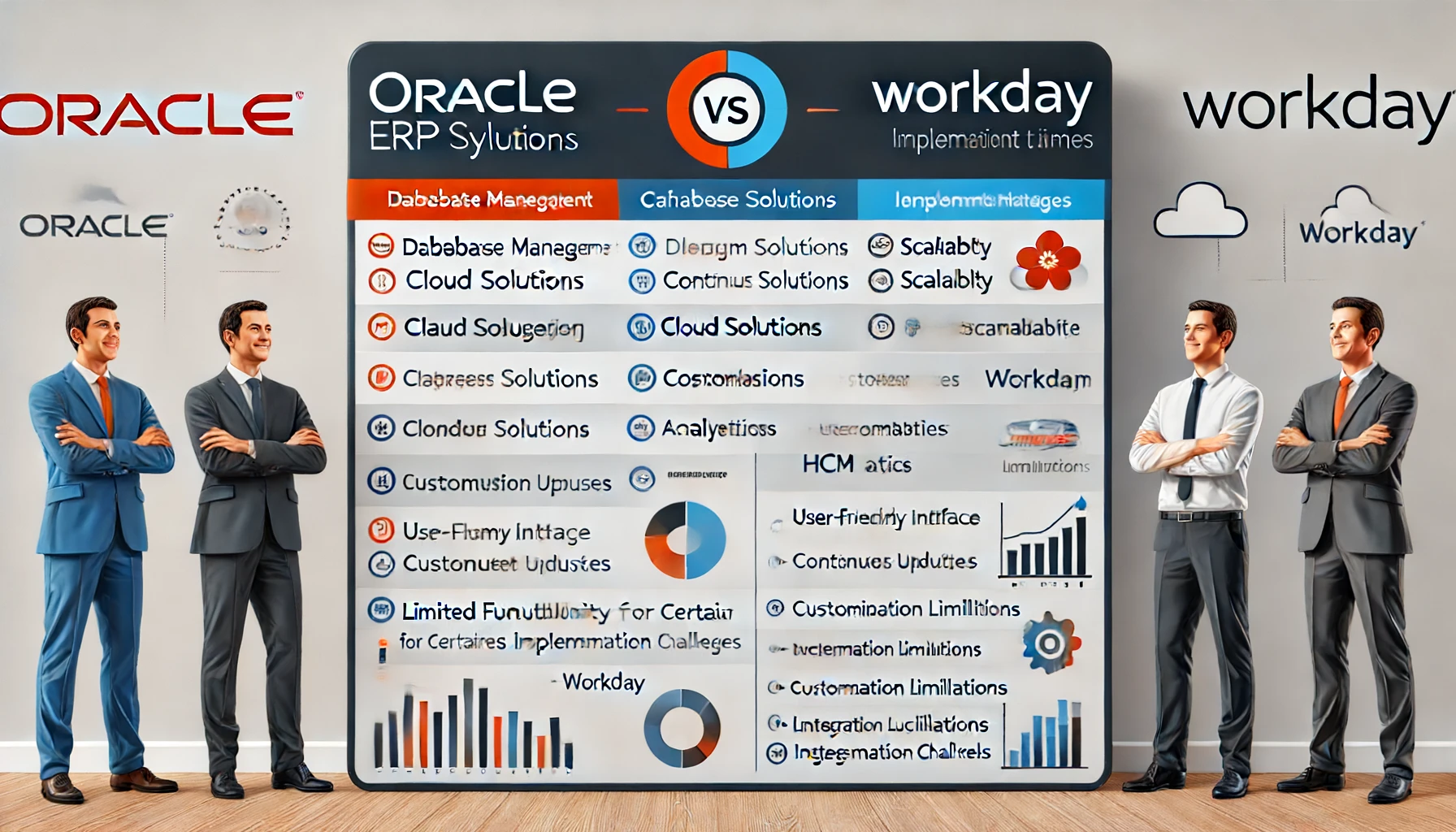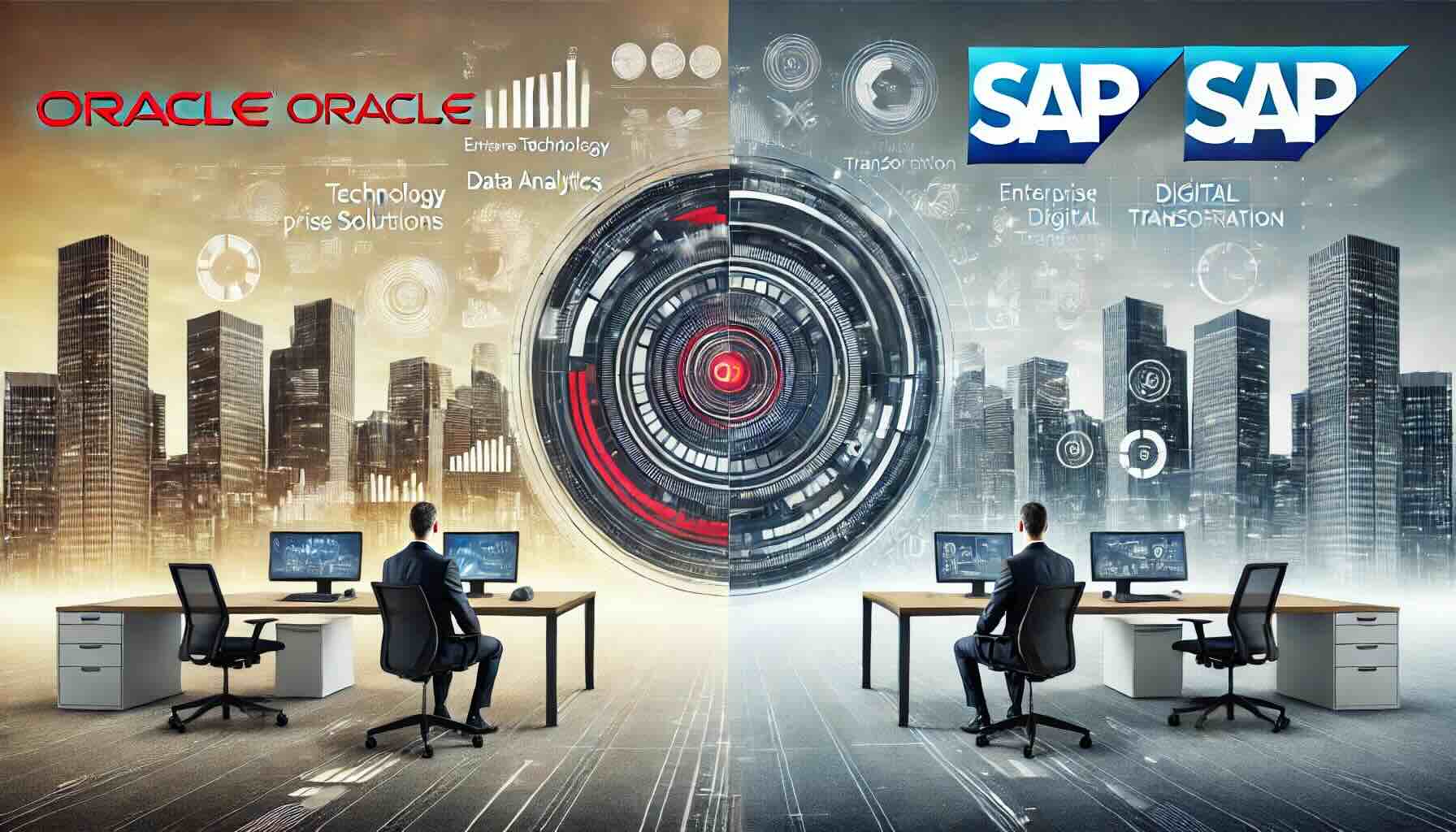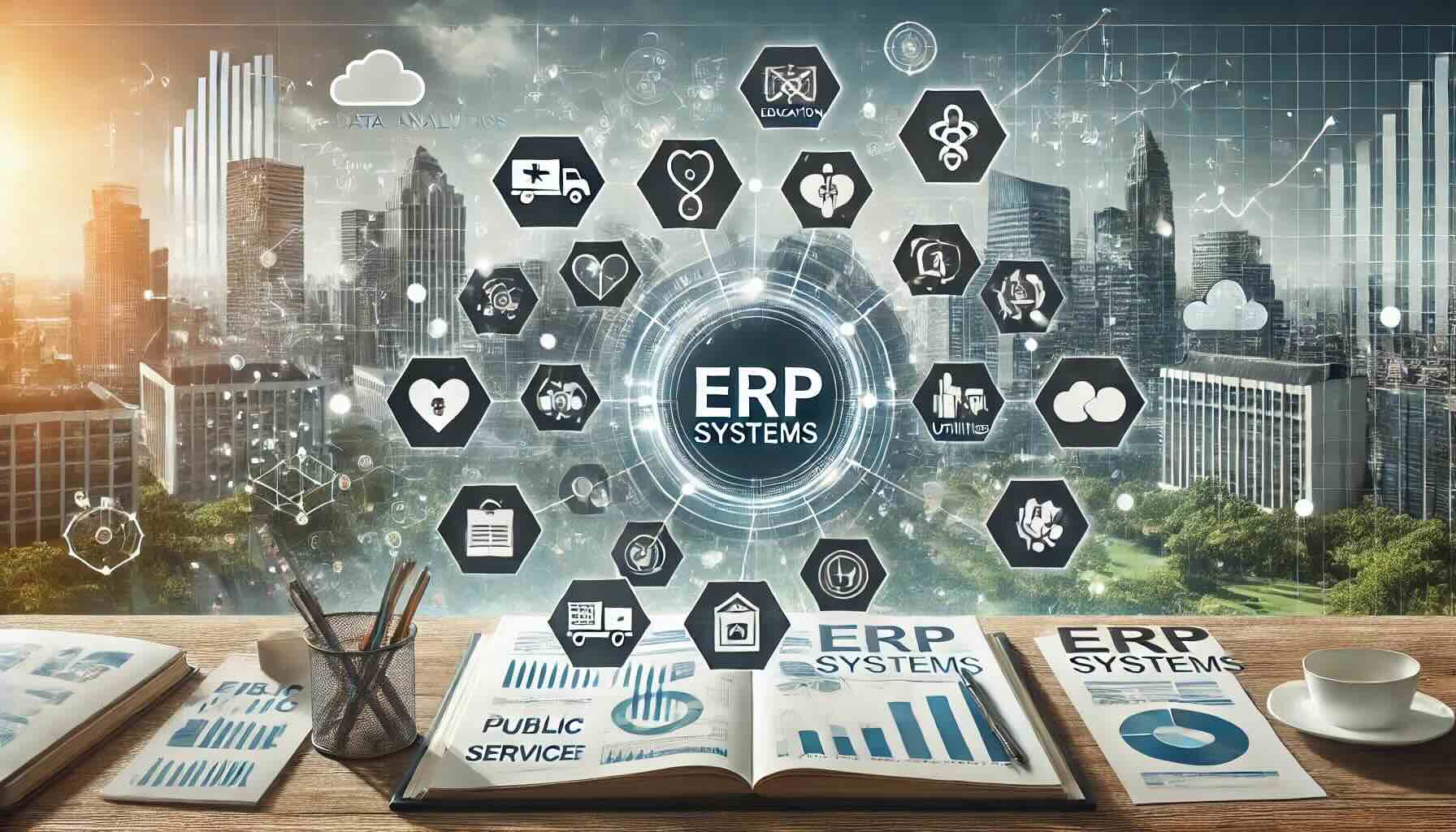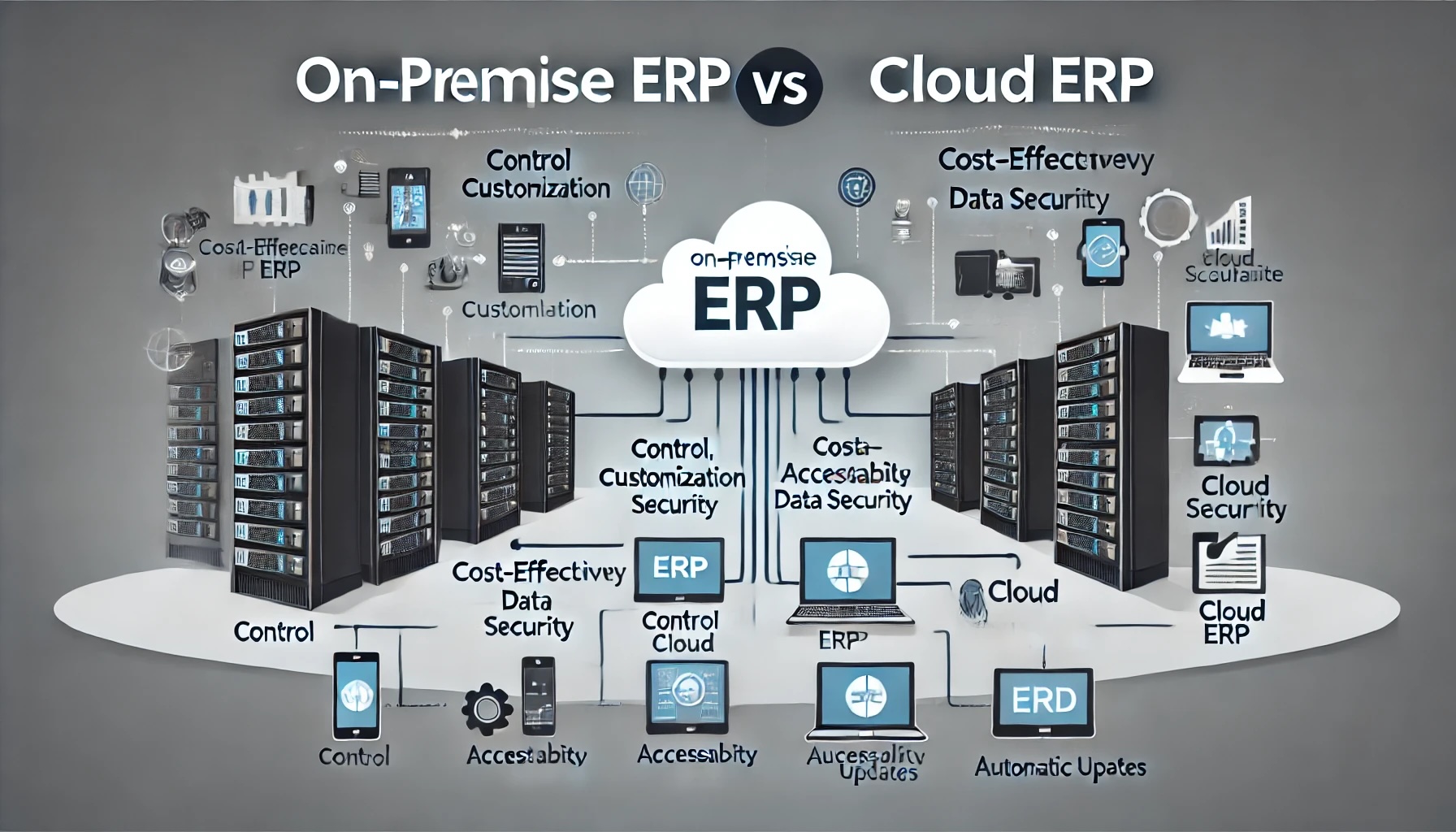Oracle vs. Workday, which is best?

In the competitive landscape of enterprise resource planning (ERP) systems, “Oracle vs. Workday” is a common comparison that businesses face when choosing the right software solution. Both Oracle and Workday offer robust ERP systems tailored to different business needs. This blog will provide a comparative analysis of Oracle and Workday, highlighting their strengths and weaknesses to help you make an informed decision.
Oracle: Strengths and Weaknesses
Strengths of Oracle
- Robust Database Management: Oracle is renowned for its powerful database management capabilities. In the “Oracle vs. Workday” debate, Oracle’s advanced features in data handling, storage, and processing make it a preferred choice for companies with extensive data requirements. The Oracle Database is widely recognized for its performance, reliability, and security.
- Integrated Cloud Solutions: Oracle’s cloud infrastructure is a significant advantage. Oracle Cloud offers a comprehensive suite of applications including ERP, Human Capital Management (HCM), and Supply Chain Management (SCM), allowing seamless integration across various business functions. This focus on cloud innovation gives Oracle an edge in the “Oracle vs. Workday” comparison.
- Flexibility and Customization: Oracle’s ERP solutions are highly customizable, catering to the unique needs of different industries. This flexibility allows businesses to tailor the software to their specific operational requirements, leading to increased efficiency and productivity.
- Advanced Analytics: Oracle excels in providing advanced analytics and business intelligence tools. Its robust data analytics capabilities enable organizations to gain deeper insights into their operations, helping in strategic decision-making and performance optimization.
Weaknesses of Oracle
- Complexity and Learning Curve: One of the significant drawbacks of Oracle is its complexity. The advanced features and extensive customization options can be overwhelming for new users, leading to a steep learning curve. Organizations may require substantial training and support to effectively utilize Oracle’s ERP solutions.
- Cost: In the “Oracle vs. Workday” analysis, cost is a critical consideration. Oracle’s ERP systems can be expensive, especially for small and medium-sized enterprises (SMEs). The high implementation and licensing costs can be a barrier for some businesses.
- Implementation Time: Implementing Oracle’s ERP systems can be time-consuming. The extensive customization and integration processes often result in longer implementation times, which can delay the benefits realization for businesses.
Workday: Strengths and Weaknesses
Strengths of Workday
- User-Friendly Interface: In the “Oracle vs. Workday” discussion, Workday is often praised for its intuitive and user-friendly interface. This ease of use can significantly enhance user adoption and satisfaction, making it easier for employees to navigate and utilize the system effectively.
- Human Capital Management Focus: Workday excels in Human Capital Management (HCM). Its comprehensive HCM suite includes talent management, payroll, and workforce planning, making it a preferred choice for organizations with a strong focus on human resources.
- Continuous Updates and Innovation: Workday’s cloud-based ERP system allows for continuous updates and innovations. This ensures that businesses are always using the latest features and technologies without the need for disruptive upgrades, positioning Workday as a forward-thinking solution in the “Oracle vs. Workday” comparison.
- Scalability: Workday is highly scalable, making it suitable for both small businesses and large enterprises. Its flexible deployment options allow companies to grow and expand without significant disruptions to their ERP system.
Weaknesses of Workday
- Limited Functionality for Certain Industries: While Workday is strong in HCM, it may lack comprehensive functionality for certain industries, such as manufacturing and supply chain management. This can be a limitation for businesses in these sectors when considering the “Oracle vs. Workday” comparison.
- Customization Limitations: Workday offers less customization compared to Oracle. This rigidity can be a drawback for organizations with unique operational needs that require extensive tailoring of their ERP system.
- Cost: Similar to Oracle, Workday can also be expensive, particularly for large enterprises requiring extensive functionality. The cost of implementation and ongoing subscription fees can be a significant consideration for businesses.
- Integration Challenges: Workday’s integration capabilities, while improving, may not be as robust as Oracle’s. This can pose challenges for organizations with complex IT ecosystems that require seamless integration across various applications.
Conclusion: Oracle vs. Workday?
In the “Oracle vs. Workday” debate, the best choice depends on your organization’s specific needs and priorities. Oracle excels in database management, cloud integration, and advanced analytics, making it ideal for businesses with complex data requirements and a focus on innovation. However, its complexity and cost can be potential drawbacks.
On the other hand, Workday offers a user-friendly interface, strong HCM focus, and continuous updates, making it a solid choice for organizations prioritizing human resources and user experience. However, its limited functionality for certain industries and customization limitations can be challenging for some businesses.
In conclusion, both Oracle and Workday have unique strengths and weaknesses. A thorough evaluation of your business needs, budget, and long-term goals is essential in making the right choice. Whether you opt for Oracle or Workday, investing in a robust ERP system is a strategic move that can drive your business toward greater efficiency and success.









